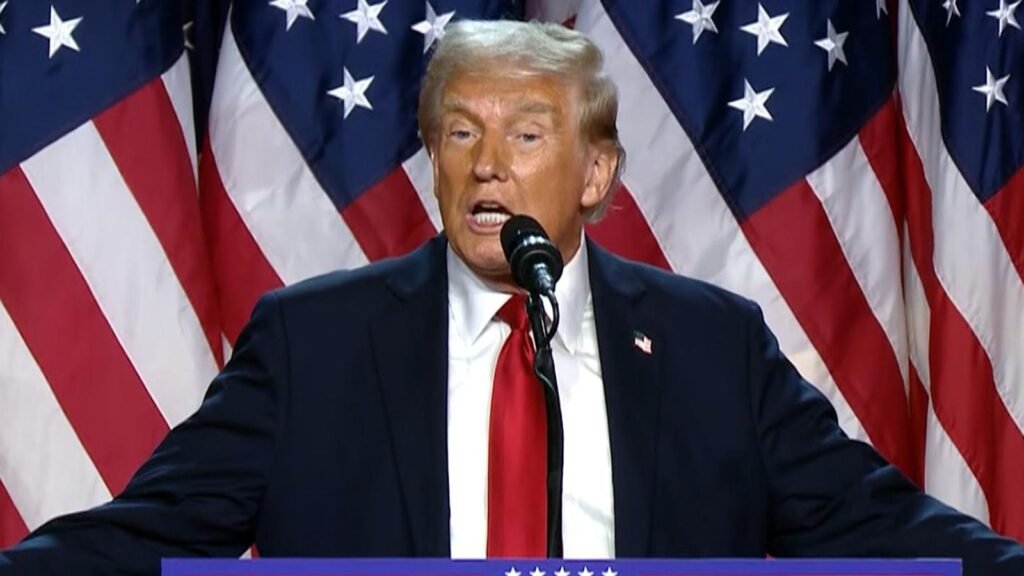
On May 8, 2025, U.S. President Donald Trump proclaimed the date as “Victory Day” to honor America’s role in World War II, coinciding with the 80th anniversary of Victory in Europe Day. This move aligns with similar observances in Europe marking Nazi Germany’s surrender on May 8, 1945.
In his announcement, President Trump emphasized the significant contributions of American forces to the war effort and criticized the lack of national celebrations recognizing such victories. He stated, “We won both Wars, nobody was close to us in terms of strength, bravery, or military brilliance, but we never celebrate anything.” He also proposed designating November 11 as “Victory Day for World War I,” though he later clarified that these would be commemorative observances rather than official federal holidays, as only Congress has the authority to establish national holidays.
President Donald Trump has signed a proclamation designating May 8, 2025, as a day to celebrate the United States’ victory in World War II, aligning with the 80th anniversary of Victory in Europe Day.
Newspaper, Magazine, Blog
While the initiative aims to honor the sacrifices of American service members, it has sparked discussions among historians and veterans’ groups. Some critics point out that focusing solely on May 8 overlooks the continuation of World War II in the Pacific theater, which concluded in August 1945 following Japan’s surrender.
Adding to the significance of this year’s observance, reports indicate that President Trump plans to attend the Victory Day parade in Moscow on May 9, at the invitation of Russian President Vladimir Putin. The event commemorates the Soviet Union’s victory over Nazi Germany and is a major national holiday in Russia. Trump’s potential attendance has raised eyebrows, given the current geopolitical tensions and the ongoing conflict in Ukraine.

Historical Accuracy and Criticism
President Trump’s designation of May 8 as “Victory Day” has faced scrutiny from historians who point out that while Nazi Germany surrendered on this date in 1945, World War II continued in the Pacific theater until Japan’s surrender in August 1945. Critics argue that focusing solely on May 8 overlooks the sacrifices made in the latter part of the war.
As the nation reflects on its history, the introduction of “Victory Day” adds a new dimension to how Americans remember and honor their past military achievements. However, the timing and international implications of the proclamation continue to generate debate among policymakers and the public alike.

